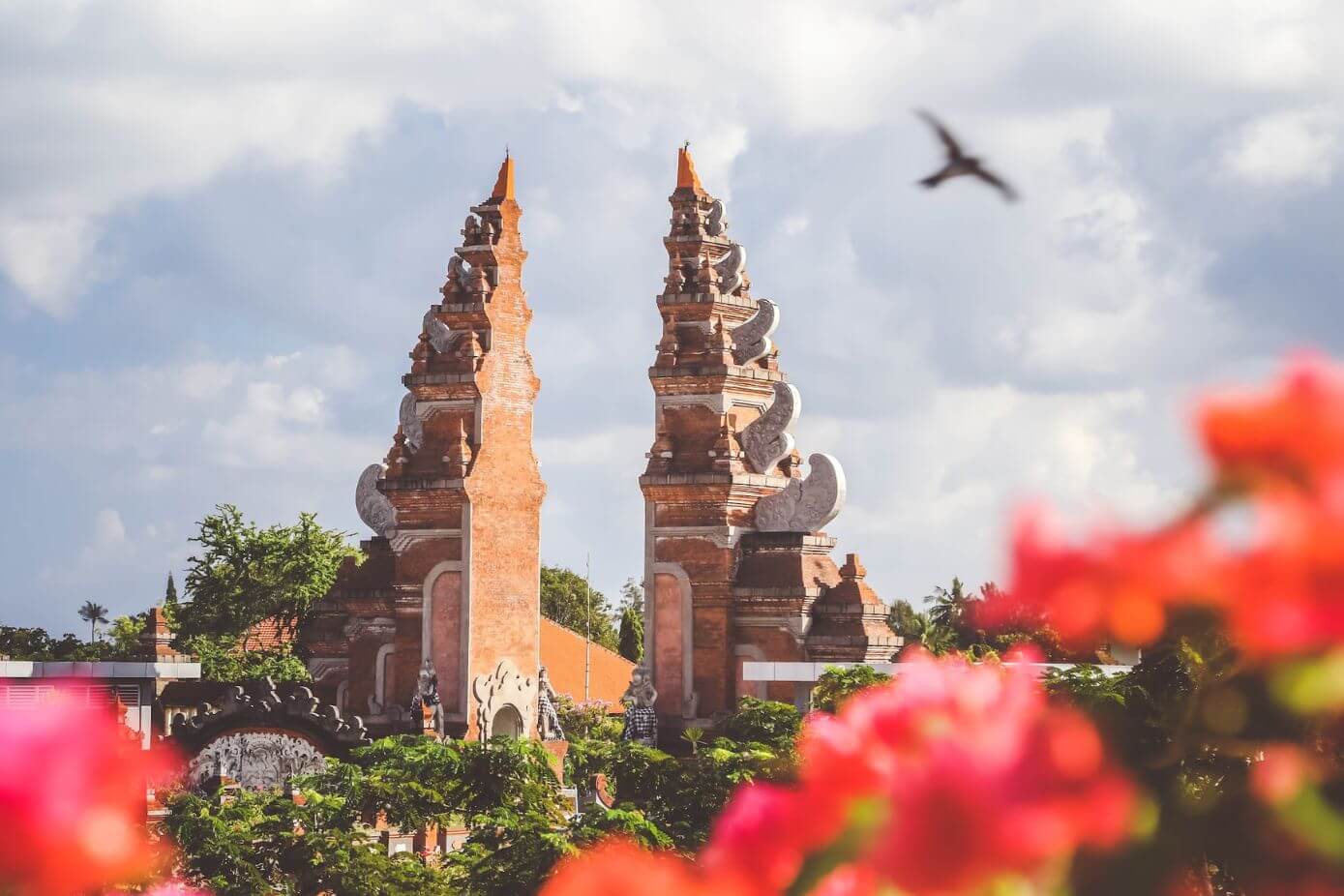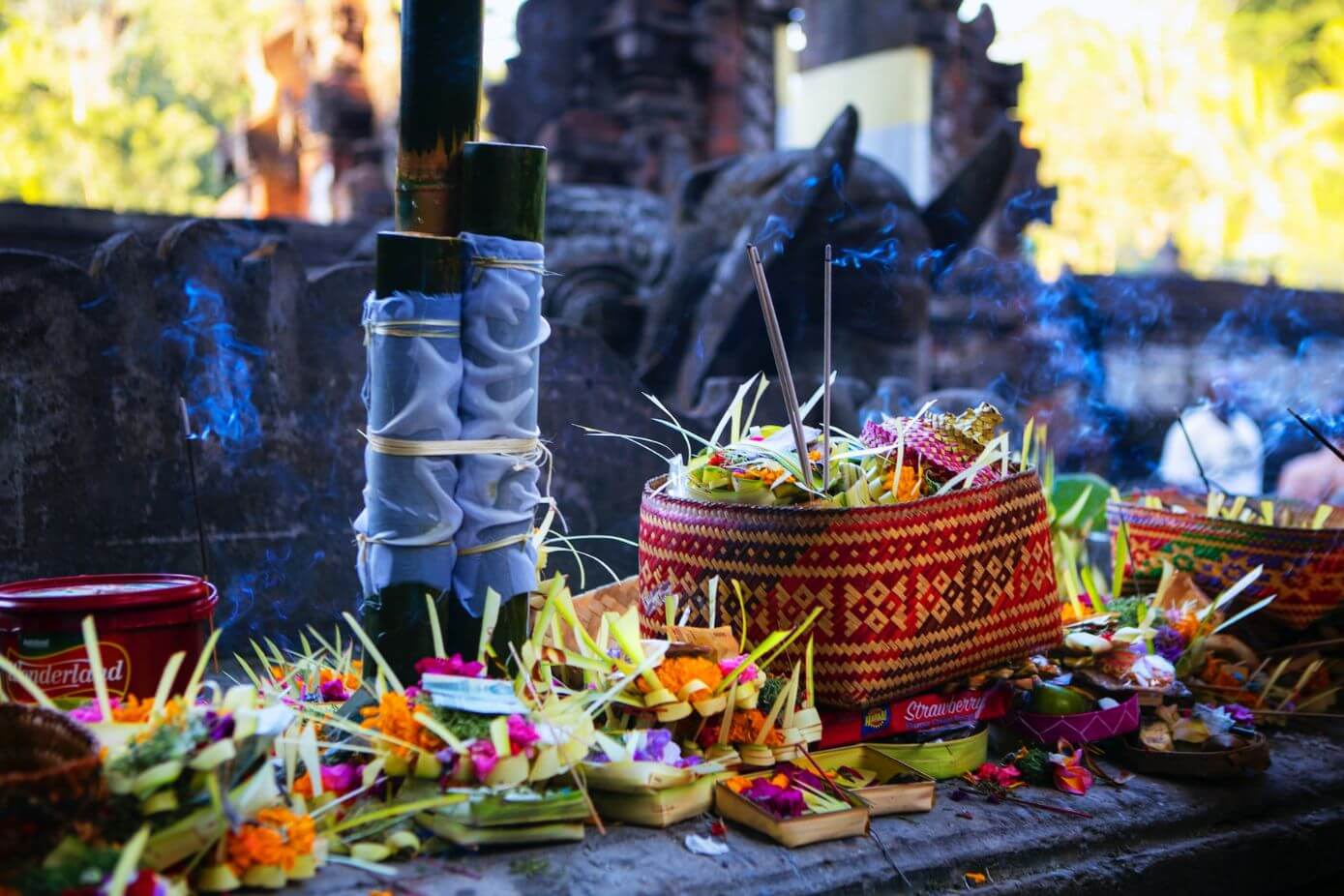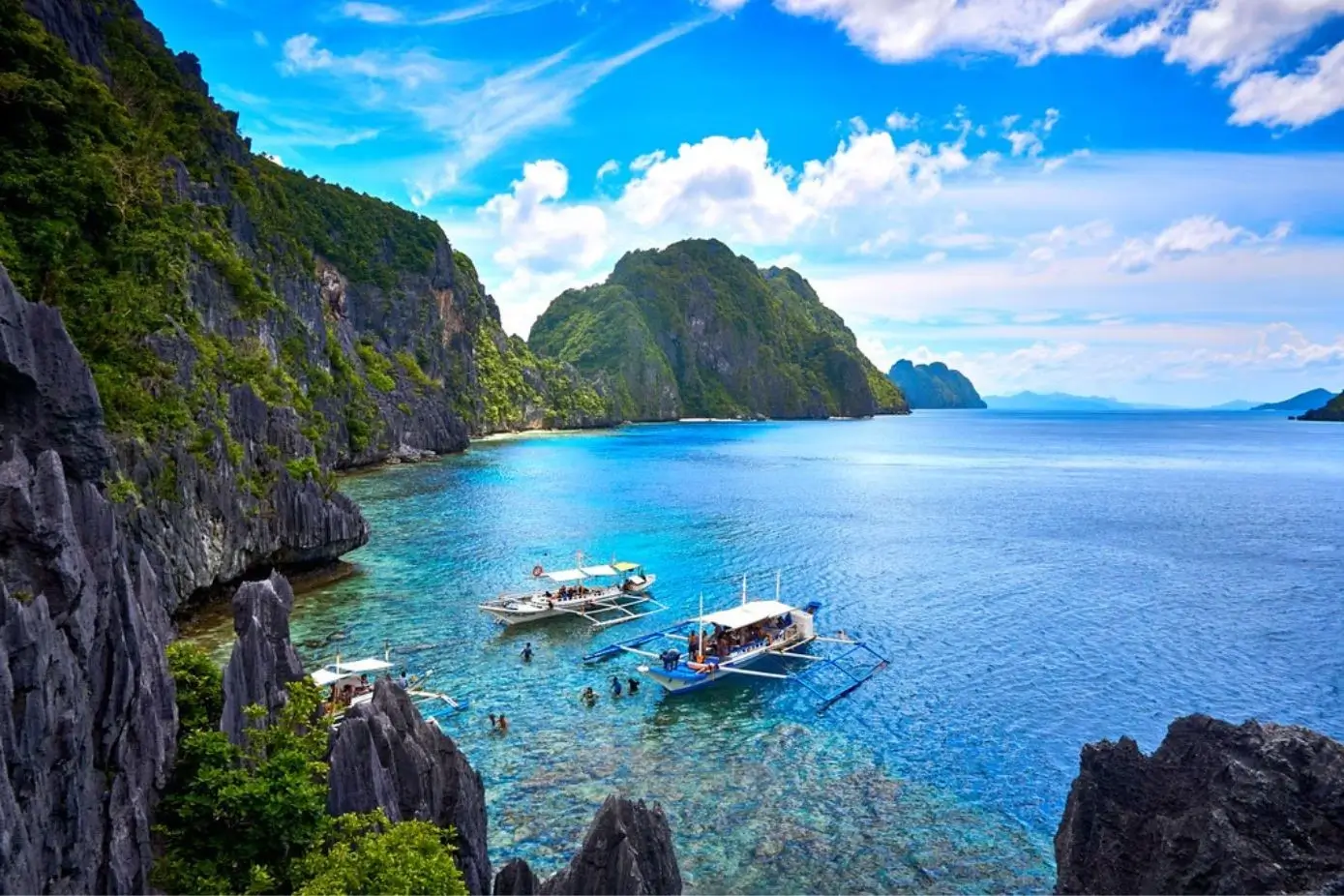Embark on a journey to Bali, a mesmerizing island known for its stunning beaches, cultural richness, and lush landscapes. This guide is crafted to help you navigate and fully enjoy the diverse experiences Bali offers.
- Introduction to Bali
- Top Destinations
- Cultural Insights
- Bali Cuisine
- Travel Tips
- Accommodations
- Transportation
- Language and Communication
- Safety and Health
- Visa Requirements
Introduction to Bali
Bali is not just a place; it’s a mood, an aspiration, and a tropical state of mind. This Indonesian island offers a haven for surfers, yogis, and culture enthusiasts. Known for its deeply spiritual and unique culture, Bali stands out with its elaborate temples, traditional dances, and art forms.
Top Destinations to Travel to Bali

- Ubud: A haven for culture and arts, Ubud is surrounded by rainforests and terraced rice paddies. Don’t miss the Ubud Monkey Forest and the Tegalalang Rice Terrace.
- Kuta: Famous for its vibrant nightlife, bustling markets, and the long sandy Kuta Beach, perfect for surfing beginners.
- Seminyak: Known for its upscale beach resorts, fine dining, and boutiques, Seminyak Beach is quieter and more refined compared to Kuta.
- Uluwatu: Home to the famous Uluwatu Temple perched on a cliff, offering spectacular ocean views. The beaches here are popular among experienced surfers.
- Nusa Islands: These islands are a must-visit for divers and snorkelers, offering crystal clear waters and a chance to swim with manta rays.
Cultural Insights
- Hindu Influence: Bali’s unique form of Hinduism is evident in daily offerings (canang sari), temple ceremonies, and festivals.
- Traditional Arts: Explore traditional Balinese painting, woodcarving, and silverwork in local workshops.
- Respectful Attire: When visiting temples, cover your shoulders and legs; sarongs and sashes are often provided at temple entrances.
Bali Cuisine

- Bebek Betutu: A Balinese dish made from duck stuffed with traditional spices, wrapped in banana leaves, and slowly roasted.
- Lawar: A traditional mix made from vegetables, coconut, and minced meat or fish, seasoned with rich herbs and spices.
- Local Fruits: Try exotic fruits like salak (snake fruit), mangosteen, and rambutan.
- Balinese Coffee: Known for its strong flavor, Balinese coffee, especially Luwak Coffee, is popular among visitors.
Travel to Bali Tips
- Best Time to Visit: Bali is a year-round destination, but the best weather is during the dry season from April to September, with less humidity and minimal rainfall.
- Currency: The Indonesian Rupiah (IDR) is the currency of Bali. While major credit cards are accepted in hotels and resorts, smaller establishments and local markets often prefer cash.
- Stay Connected: SIM cards with data packages are widely available and can be purchased at the airport or local shops. They are an affordable way to stay connected and use navigation apps.
- Cultural Sensitivity: Respect local customs and traditions. Dress modestly and behave respectfully, especially in rural areas.
- Money Changers: Use only authorized money changers and be wary of scams.
- Environmental Awareness: Bali faces challenges with plastic waste; avoid single-use plastics and dispose of waste responsibly.
For more information, explore our guide on how much it cost to go to Bali.
Accommodations

- Boutique Hotels: Offering a blend of luxury and traditional Balinese aesthetics.
- Eco-Lodges: Stay in environmentally friendly accommodations amidst nature.
- Homestays: Experience authentic Balinese hospitality and culture by staying with a local family.
- Villas: Bali is famous for its private villas, offering a range of options from affordable to luxury, often featuring private pools and tropical gardens.
- Hostels: For budget travelers, hostels provide a social and affordable way to stay, with options ranging from basic dorms to more upscale hostel resorts.
- Resorts: For those seeking a more all-inclusive experience, Bali’s beachfront resorts offer a range of amenities, from spas and fine dining to water sports and cultural activities.
Transportation

- Scooter Safety: If you choose to rent a scooter, wear a helmet and drive cautiously.
- Local Buses: An affordable way to travel between towns, though less frequent and slower.
- Private Drivers: For a more comfortable and convenient option, consider hiring a private driver for day trips.
Language and Communication
- English Proficiency: In tourist areas, many locals speak English, but learning some basic Bahasa Indonesia phrases will be appreciated.
- Non-Verbal Communication: Balinese often communicate non-verbally. Understanding and respecting this subtlety can be vital in interactions.
Safety and Health
- Sun Protection: The sun can be intense; use sunscreen, wear hats, and stay hydrated.
- Respect the Ocean: Be cautious of strong currents while swimming or surfing.
- Vaccinations: Ensure you are up-to-date with vaccinations; consult your doctor before traveling.
For more information, explore our Bali safety guide.
Visa Requirements to Travel to Bali
- Free Visa Entry: Many nationalities can enter Bali without a visa for a stay of up to 30 days.
- Extendable Visas: Some visas can be extended for an additional 30 days with a visit to the immigration office.
- Longer Stays: For stays beyond 60 days, different visa types are available, such as social or cultural visas, which require sponsorship from an Indonesian citizen.






